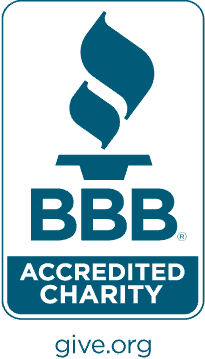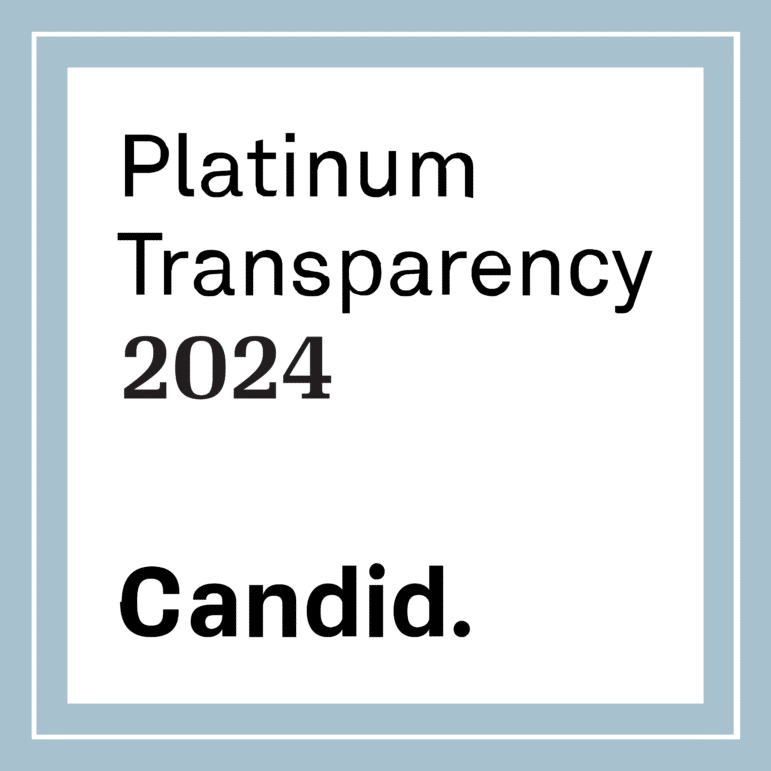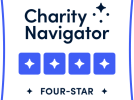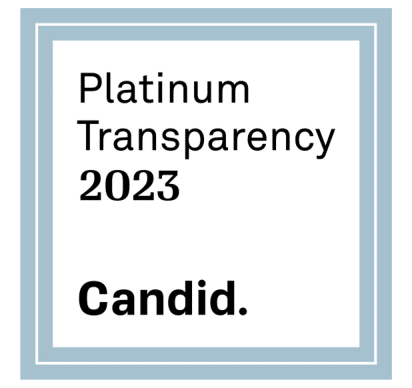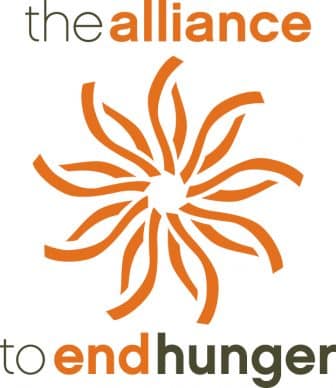What is Zakat?
Zakat is one of the five pillars of Islam and also an act of worship. It means “to purify,” so paying a portion of one’s assets to help those in need purifies all of a Muslim’s wealth and makes the wealth that has been gained pleasing to Allah SWT.
Who pays Zakat?
All Muslim adults who are sane and possess the nisab (a minimum amount of wealth held for a year) should pay Zakat.
Where do Zakat payments go?
The Holy Quran tells us who may receive Zakat payments:
- The poor
- The destitute
- Collectors of Zakat
- Those whose hearts are to be reconciled
- Those in bondage
- Those who are unable to pay their debt
- In the path of Allah (SWT)
- Travelers who cannot afford to return home (wayfarer)
How much is the nisab?
There are two ways to determine the value of nisab – in terms of gold or silver:
- The current value of 3.1oz of gold (7.5)
- The current value of 21.6oz of silver (52.5)
How much Zakat do I need to pay?
After calculating all your Zakatable assets, then deducting all your liabilities, you pay 2.5% on the net Zaktable asset figure. On agricultural goods, precious metals and livestock, the rate varies between 2.5% and 20%.
How do I work out how much Zakat to pay?
You don’t have to do lots of complicated math to work out your Zakt payment – simply go to pennyappealusa.org/zakat and our handy online calculator will do it for you based on your assets, savings, investments, goods, debts, and loans. In any case, you should follow these three basic steps when calculating your Zakat.
- Sum up the value of Zakatable assets
- Calculate the value of all deductible debts and/or liabilities
- Finally, determine your net Zakatable asset figure and you pay 2.5% of that as your Zakat payment.
What types of wealth are included in Zakat?
Assets that are included in the Zakat calculation are cash (in hand and in bank accounts), share, pensions, gold and silver, business goods, crops and cattle and income from investment property.
Personal items such as home, furniture, cars, food and clothing (so long as not used for business purposes) are not included.
When should I pay Zakat?
Zakat is payable as soon as the nisab (minimum amount of wealth) has been held for a lunar year. If the date of first becoming sahib-un-nisab (owner of wealth equal or excess of nisab) is known then that must be used, if not then one has to determine, as best as possible, when one became sahib-un-nisab. Use the same date every year thereafter.
Some Muslims choose to pay their Zakat during the month of Ramadan as rewards for good deeds carried out at this blessed time are multiplied. However, there is a duty to pay Zakat when it becomes due and not to delay the payment.
Wealth can fluctuate during the year, going above and below nisab. Zakat is only due if wealth is in excess of nisab at the person’s Zakat due date.
Can I spread Zakat payments throughout the year?
Payments can be made monthly by setting up a regular payment such as an automatic bank withdrawal or standing order. The total amount must still be paid by the due date.
Signing up to a Zakat-eligible sponsorship program through Penny Appeal is an ideal way to spread Zakat payments. We have a range of campaigns, covering orphan sponsorship, well building and feeding, which allow monthly payments towards Zakat to help us transform lives and build futures.
What if I miss a Zakat payment?
If Zakat has not been paid in previous years, whether through negligence or ignorance or error, then an honest attempt must be made to calculate the payment owed. This must be then paid as a matter of urgency.
Where can you calculate your Zakat?
You can calculate your Zakat at pennyappealusa.org/zakat-calculator. You can also contact us at (202) 851-2112 with any questions you might have.
What is Penny Appeal USA’s Zakat Policy?
- All Zakat donations received by Penny Appeal USA are internally tagged as Zakat for use exclusively for Zakat-eligible programs.
- When a Zakat donation is designated to a certain program by a donor, this restriction will be respected and the funds are used solely for the donor’s intended purpose to the greatest extent possible, unless doing so becomes impossible due to unforeseen external circumstances.
- When a Zakat donation is not designated to a specific program by the donor, Penny Appeal USA allocates the funds according to the eight categories of Zakat-eligible programs as outlined in the Quran (see below). Note that Penny Appeal USA strongly encourages donors to make their donations unrestricted, providing us greater flexibility to respond to urgent needs.
- Zakat-eligible projects are identified based on need and per the eight categories noted in the Quran (9:60):
- ‘al fuqara’ (the poor)
- ‘al masakin’ (the chronically needy / indigent)
- ‘al amilina alayha’ (the administrators of Zakat funds)
- ‘al mualafati qulubhum’ (those that incline their hearts towards good)
- ‘f’il riqabi’ (freeing of slaves / those in bondage)
- ‘al gharimina’ (those in debt)
- ‘f’il sabili-llahi’ (in the way of God)
- ‘al sabili’ (the traveler)
- In line with category C (“the administrators of Zakat funds”), a portion of Zakat funds collected are eligible to be allocated toward covering operational costs which enables us to ensure impactful distribution and monitoring of funds (such as gasoline for delivery vehicles, salaries for monitoring staff, and accounting fees for financial oversight). Some organizations feel pressured to publicly advertise unsustainably low – or even 0% – overhead numbers for their Zakat, or to promote the widely held, although jurisprudentially non-binding, perspective that a 12.5% allocation for pure administration is an acceptable level. We recognize that providing high-quality, impactful programming at a significant scale in the long term requires regular investments in professional staff, technology, marketing, and training, especially given that our programming takes place in some of the most challenging operating environments in the world (Afghanistan, Gaza, Yemen, Somalia, and Syria, among others). We therefore endeavor to keep our spending on administration for incoming program designated Zakat donations, at all times, as low as responsibly possible, never exceeding 12.5%. Kindly let us know if you would like to support the overhead cost so we never have to use any Zakat donation to support the operations.
- Penny Appeal USA agrees with the position that Zakat donations are intended for distribution as immediately as is feasible, rather than for accumulation by the distributor. As such, we make every possible effort to disburse Zakat funds as rapidly as possible, intending to not do so later than within one calendar year of their collection.



